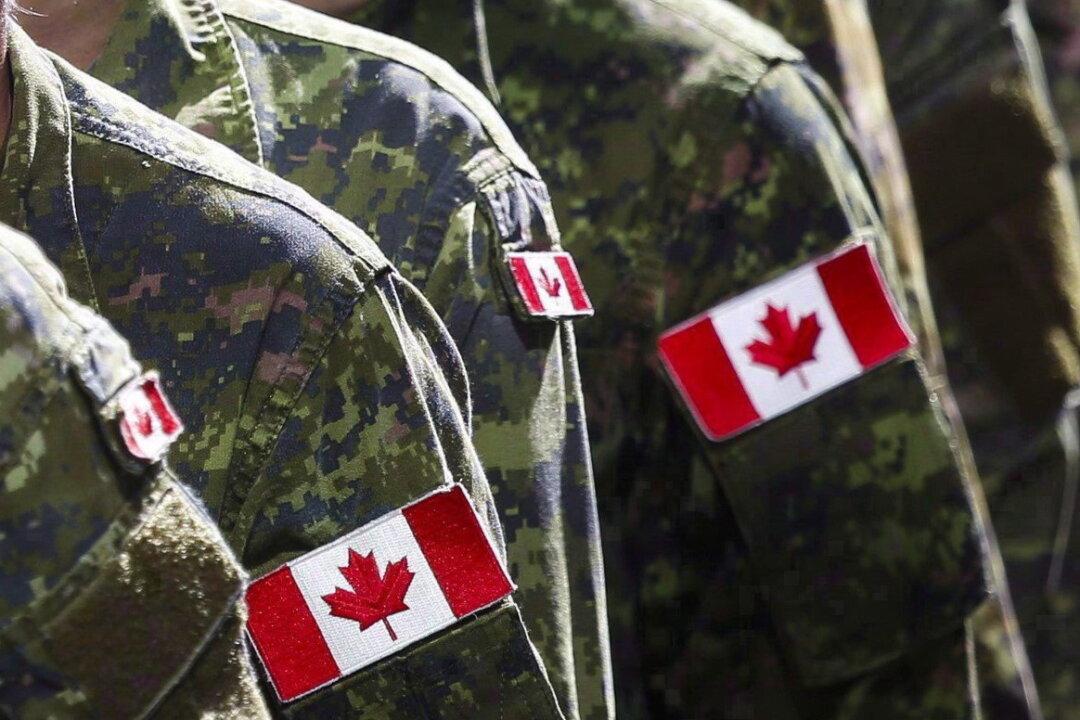Canadians are being asked to provide input on the country’s defence policy by the Canadian Armed Forces (CAF) and Department of National Defence (DND).
In a March 9 news release, the government said it was “launching public consultations with all Canadians” on the Defence Policy Update (DPU) announced in Budget 2022. Submissions will be accepted from March 9 to April 30.





